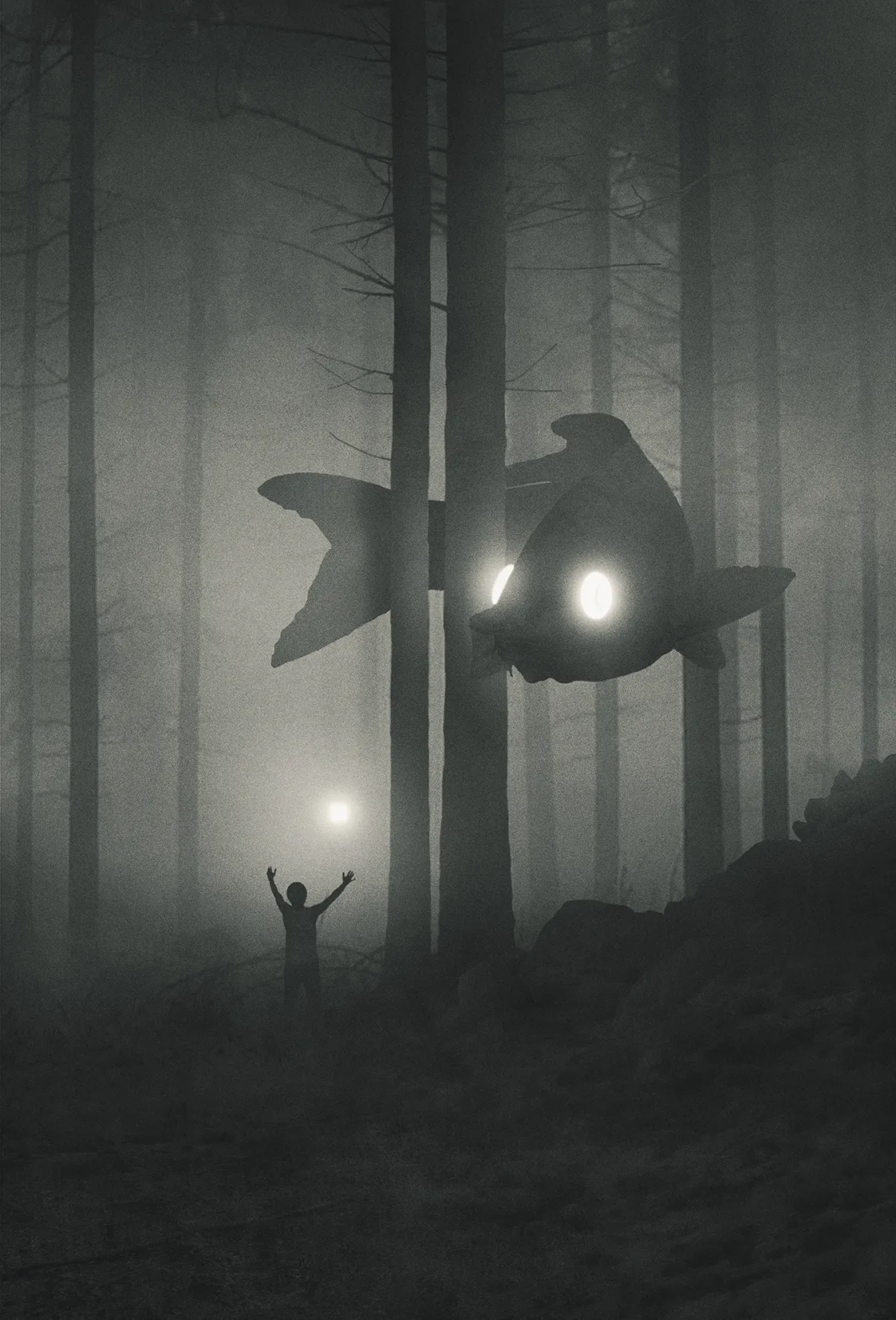THE influence of Pisces upon the Sun does not make specially for strength, except in the last decanate, which is ruled by Mars. Otherwise, there is a certain softness and placidity which diminish the vitality. The Pisces type is extraordinarily psychic, more so than is the case with that of any other sign, but this manifests itself in an entirely passive way. The native depends upon intuition and impressions generally, and the active qualities of the soul which make the great mystic are rarely present. Rudolph Steiner is fortunate enough to have aspects of Uranus, Saturn and Mars, which increase his practical power. Picus de Mirandola is a more typical example of this sign. Unless the dignities of the planets concerned in this matter are extremely good, the native may suffer from illusions and be led constantly astray. There is in him a notable lack of correlation in practical details, and he is apt to leave things at loose ends. His constructions power being psychic does not exactly translate itself into the objective. In spite of this, however, there is a great deal of practical good sense in the composition, but sometimes the native will be accused of hypocrisy, owing to the extreme contrast between the idealism expressed and the course of action undertaken, and people not similarly constituted may take it into their heads to “read them a lesson.” The native is inclined to self-indulgence in emotional experience, and this in the undeveloped type very often takes the form of the abuse of alcoholic liquors or even occasionally of noxious drugs. This is partly due to the watery nature of the sign, and its ruler, Neptune, and partly to the soft {31} and seductive influence of Venus, who is exalted in the sign, and to its connection with the Moon.
There is a good deal of discontent in this sign, naturally caused by such conflict between the aspirations and the expression of the life. This often manifests itself in restlessness and in inattentiveness, and in attaching far too much importance to trifles, the least of which often appears to them highly significant. Even in external manner, the native, thought seemingly calm upon the surface, is full of tremor within, like the sea. The native is very fond of others and may be so solicitous as to their well-being that the result will often be trying to the recipient of his extreme devotion.
The constitution is, generally speaking, not particularly robust; the general health is good, but there is a lack of power to resist disease. The native is more susceptible than in almost any other sign. Michael Angelo and Sir Richard Burton had magnificent constitutions, but the Sun being in the last decanate of Pisces, the influence of Mars is able to correct the general weakness.
In the human body, Pisces rules primarily the feet, but his action extends throughout the whole body, over the lymph and all watery secretions of an excretory character, such as mucus. The principal diseases characteristic of this sign are oedema, ascitis, and dropsies in general. Another very common disease associated with Pisces is gout. In the consideration of Pisces as a rising sign, there is also danger of tuberculosis if the system is allowed to become depleted.
The following well known persons were also born with the Sun in the sing Pisces:
-
George Washington
-
Grover Cleveland
-
Victor Hugo
-
Ludwig II of Bavaria
-
Brander Mathews
-
William Jennings Bryan
-
William Dean Howells
-
Henry W. Savage
-
Enrico Caruso
-
Amelia Bingham
-
Rose Coghlan
-
Edward Stotesbury
-
Adolph S. Ochs
-
Margaret Deland
-
Percy A. Rockefeller
-
Isabel Irving
-
George H. Swift
-
Joseph E. Otis
-
Thomas Hastings
-
Oswald G. Villard
-
Van Hoogstraaten
-
Robert W. Goelet
-
Geraldine Farrar
-
Penrhyn Stanlaws
-
Mary Garden

























